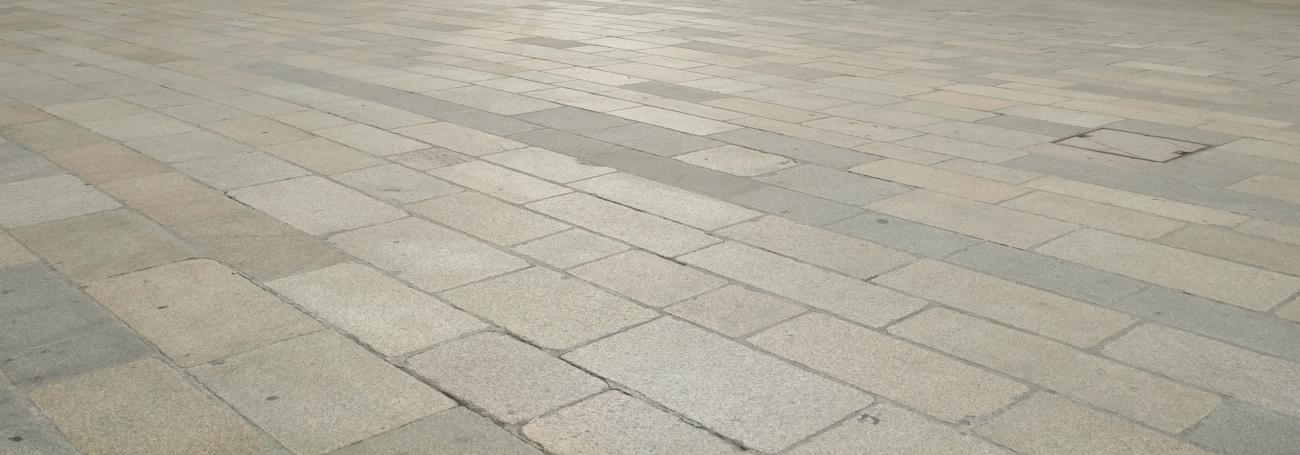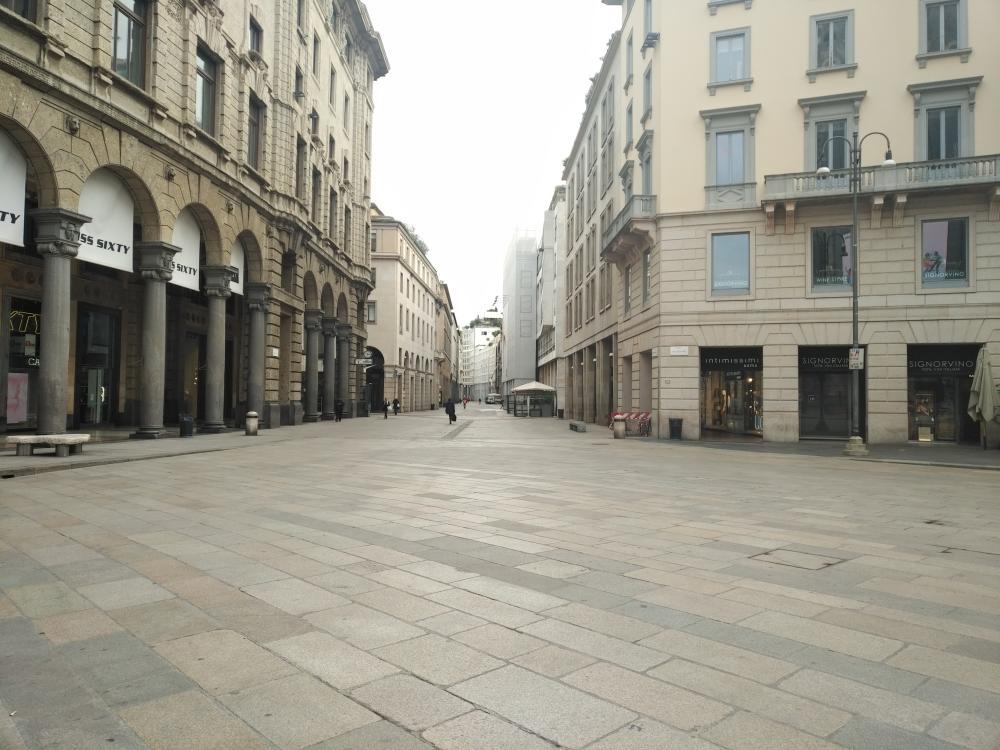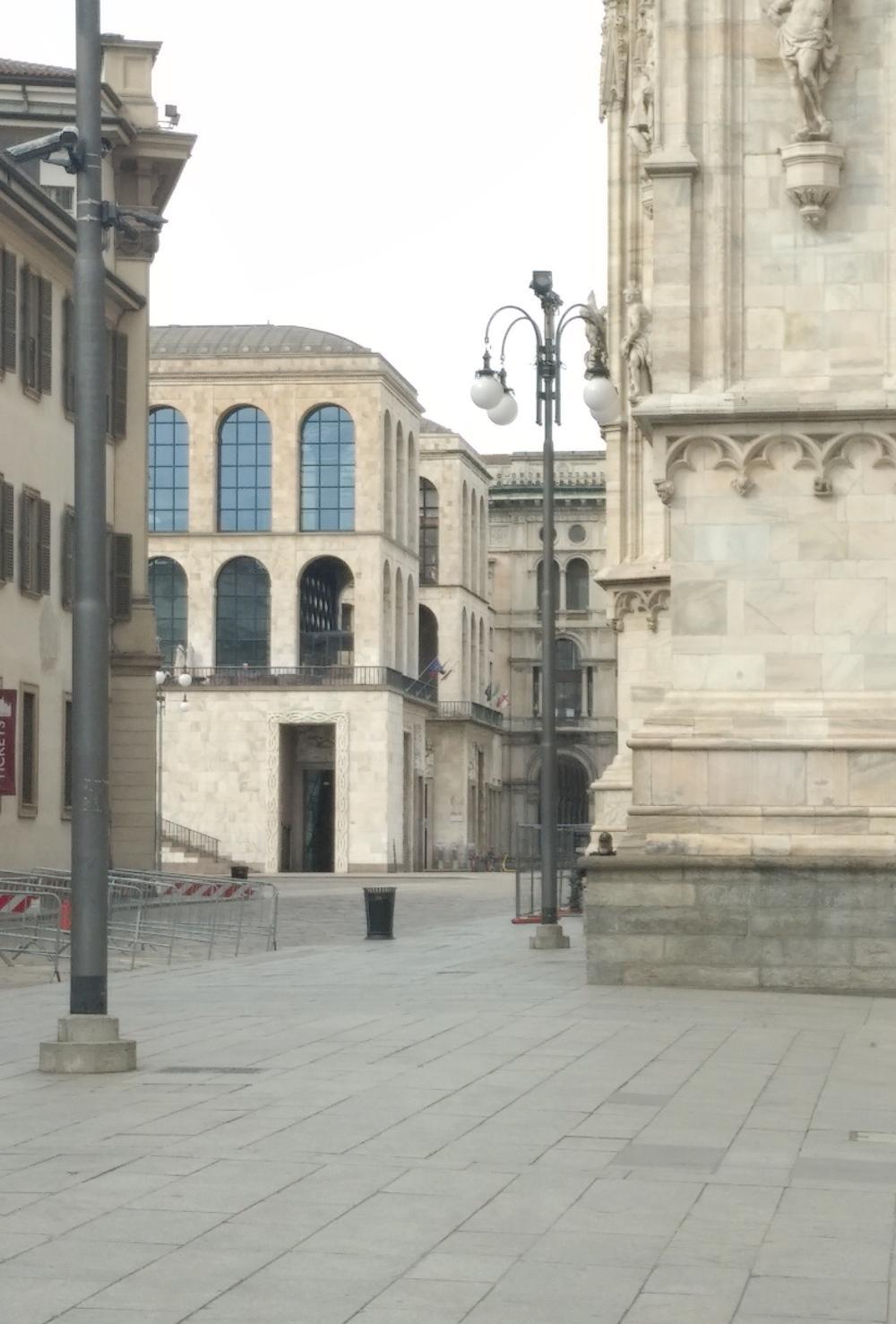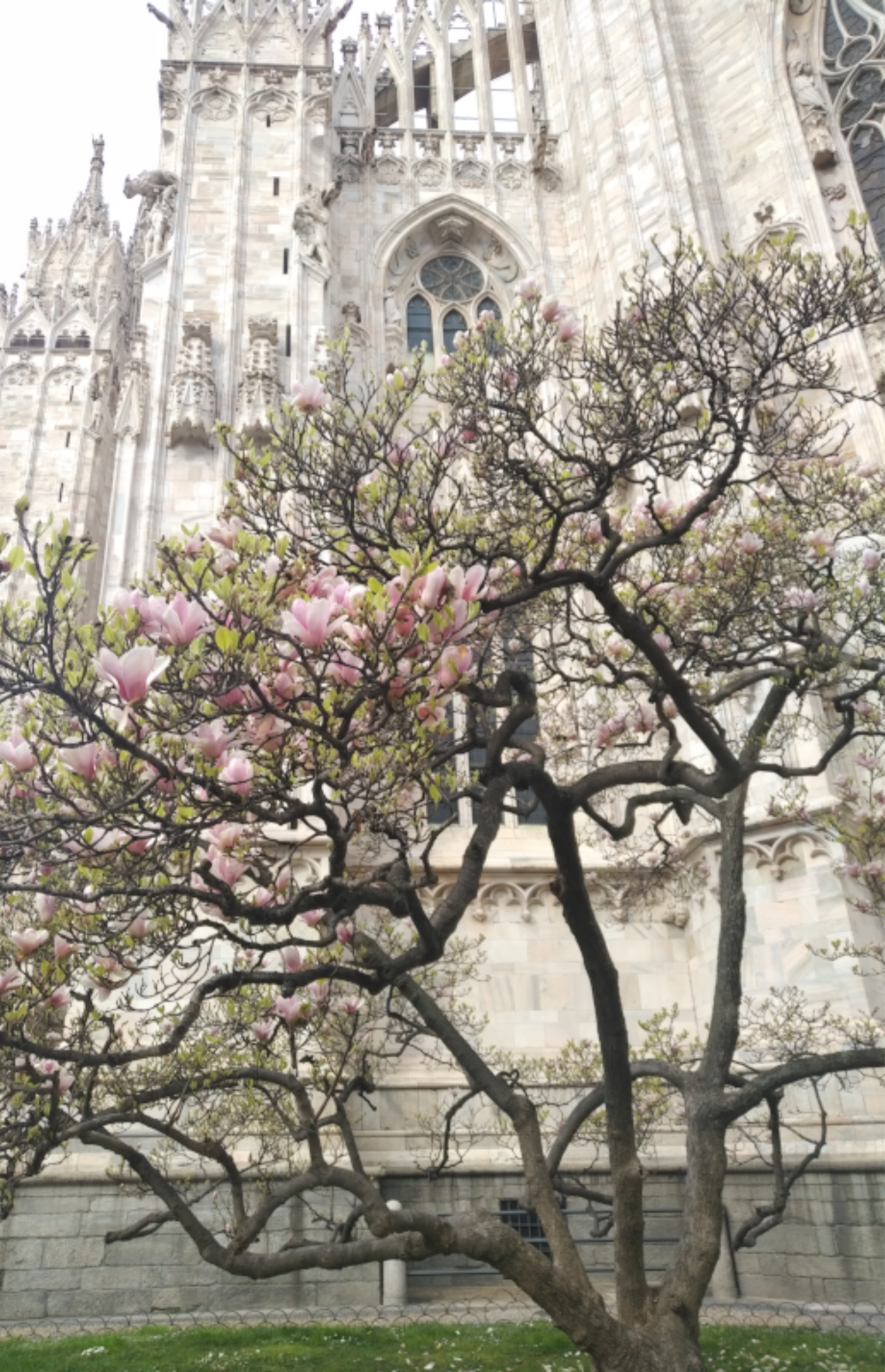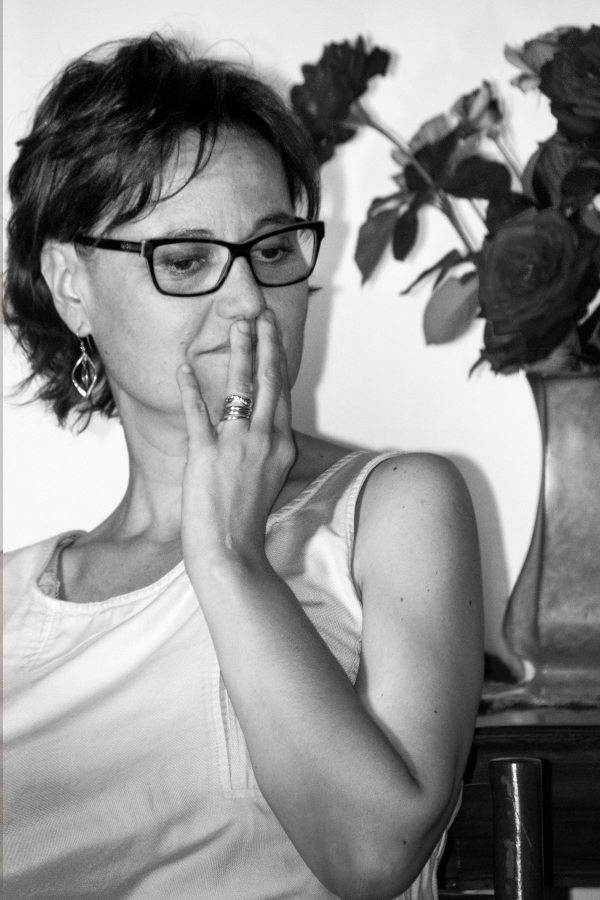As a family, we were very sad for our loss; we were also confused, and affected by the odd situation. But it was nothing compared to what was about to happen to thousands of our fellow citisens, among whom were my beloved restorative justice mediators and facilitators in Bergamo, a place described as the Covid-19 martyr city.
Silence associated with the lack of living activities and the absence of people in the streets, and the penetrating, continuous sound of sirens, audible from far distances because of the unnatural silence, are the two most physical memories I associate with this nightmare.
On the one hand, Lombardy residents progressively lost all their fundamental freedoms until a complete lockdown transformed the whole country into a confinement area, and each home into a prison, for every person in the Italian territory. The National Government passed anti-Covid-19 regulations that were in many ways constitutionally problematic, extremely obscure, and sometimes even contradictory, but the provisions were very clear in turning any human activity into a potential or actual criminal and/or antisocial punishable behaviour.
Local authorities in Lombardy were given the power to be stricter, and they used it. These regulations came together with increased police surveillance and deterrence and punitive discourse in official communication with citizens. The more the health statistics were getting worse, the more residents were intimidated, made to feel guilty, and criminalised, or treated like naughty children. The expression ‘state of exception’ as critically interpreted by Giorgio Agamben (2005) (see also Quodlibet.it) has been often used to refer to these unprecedented circumstances and, indeed, Agamben is among the most lucid, and worried, critics of the whole management of the situation.
What Yuval Noah Harari described in the Financial Times on March 20, 2020 well depicts our situation at the time; he refers to the counterproductive effects of the ‘soap police,’ the ‘monitoring and harsh punishments’ in the hope of making ‘people comply with beneficial guidelines.’ It is not by chance that the photos chosen to complement Harari’s article show a series of deserted locations in Italy. To achieve compliance and co-operation — Harari argues — you need trust. People need to trust science, to trust public authorities and to trust the media. But it was — and still is — largely difficult to trust conflicting scientists and contradictory authorities who continuously refute, disprove and debate among themselves, underestimating the coronavirus on one day (‘it is just a common flu’) and locking down millions of people on the other.
On the other hand, policed residents in Lombardy started experiencing the effects of the pandemic in their own lives and flesh, resulting in deaths and severe medical conditions for thousands of people. While the pandemic was breaking out, our local health care system was breaking down.
